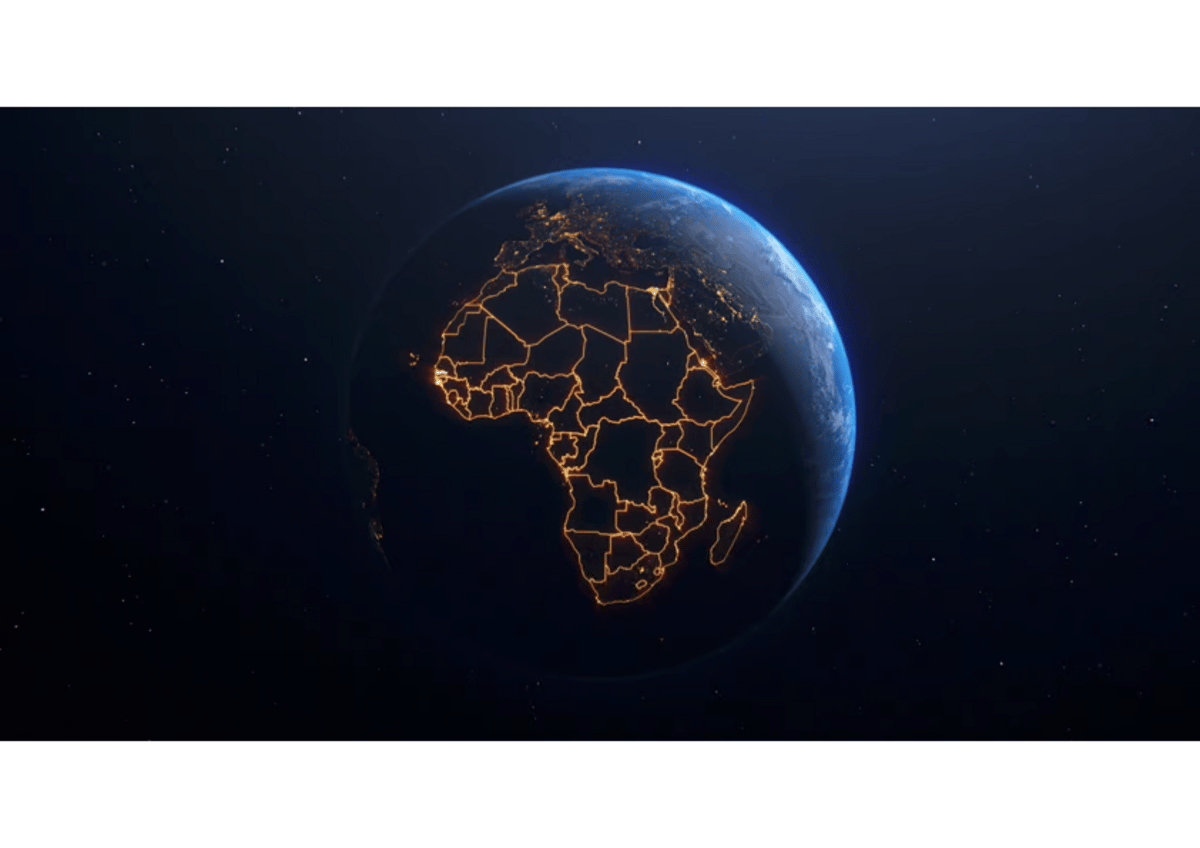Dear Friends,
It has been a difficult and turbulent year for many African states. Despite the continent’s challenges, opportunities abound. For a great summary of the year’s events, we recommend reading this piece in Foreign Policy.
We will be back in the new year with A Closer Look – in the meantime, enjoy this abbreviated snapshot of events for the past week and have a wonderful holiday season.
Cheers,
Josh and Josh
Too Long; Didn’t Read
Angola. After 16 years of membership, Angola quit OPEC to protest against the oil cartel’s leaders capping production to prop up prices. Angola’s exit is not expected to have much further effect on prices—its production is already close to its capacity (The Economist).
Congo. Elections are in full swing. Félix Tshisekedi, who is running to be re-elected president, is considered the favourite candidate (The Economist). Unfortunately, voting got off to a bad start with delays, trouble at polling stations, and scenes of violence (New York Times).
Egypt. Abdel Fattah el-Sisi starts his third term as Egypt’s president, presenting his government as stable in an unstable region (New York Times).
Ethiopia. Hopes to secure a US$3.5 billion loan from the IMF as part of a reform program, with plans to finalise a staff-level agreement by the first quarter of 2024 (Reuters).
Madagascar. Andry Rajoelina was sworn in for a third term as Madagascan President on Sunday after winning a disputed vote last month. Rajoelina had a controversial rise to power: he first became president in a 2009 coup before later returning to win elections in 2018 (Reuters).
Senegal: A judge ruled that opposition leader Ousmane Sonko, jailed since June, will be allowed to contest next year’s presidential election. Sonko is very popular with young voters in Senegal and is seen as the most likely successor to outgoing President Macky Sall (France24).
Somalia. The country is expecting significant debt relief that would enable its return to the international financial system after around 30 years of being out in the cold (Reuters).
Sudan. Upwards of 300,000 people have fled Wad Madani, the capital of Sudan’s El Gezira state, after the paramilitary Rapid Support Forces’ takeover (DW). Washington is trying desperately to course correct (Foreign Policy).
USA. This year the USA has struck hundreds of deals worth US$14.2 billion with African nations in a renewed effort by Washington to counter the growing influence of China and Russia on the continent. The 547 new trade and investment agreements represent a 67% increase from 2022 (Voice of America).
Zimbabwe. Zimbabwe’s finance minister has been named ‘Best African Finance Minister of the Year’, prompting one local netizen to say it’s "akin to applauding a captain for steering a ship straight into an iceberg" (International Intrigue).
Graphic of the Week
Two graphics for you this week. The first details Africa’s biggest winners in start-up financing between 2019 and 2023. The second considers the long route around Africa as the Suez Gulf and the Red Sea become flashpoints. Cape Town and Durban, South Africa’s big ports, can expect more business in the new year.
Source: Africa The Big Deal
Source: S&P

